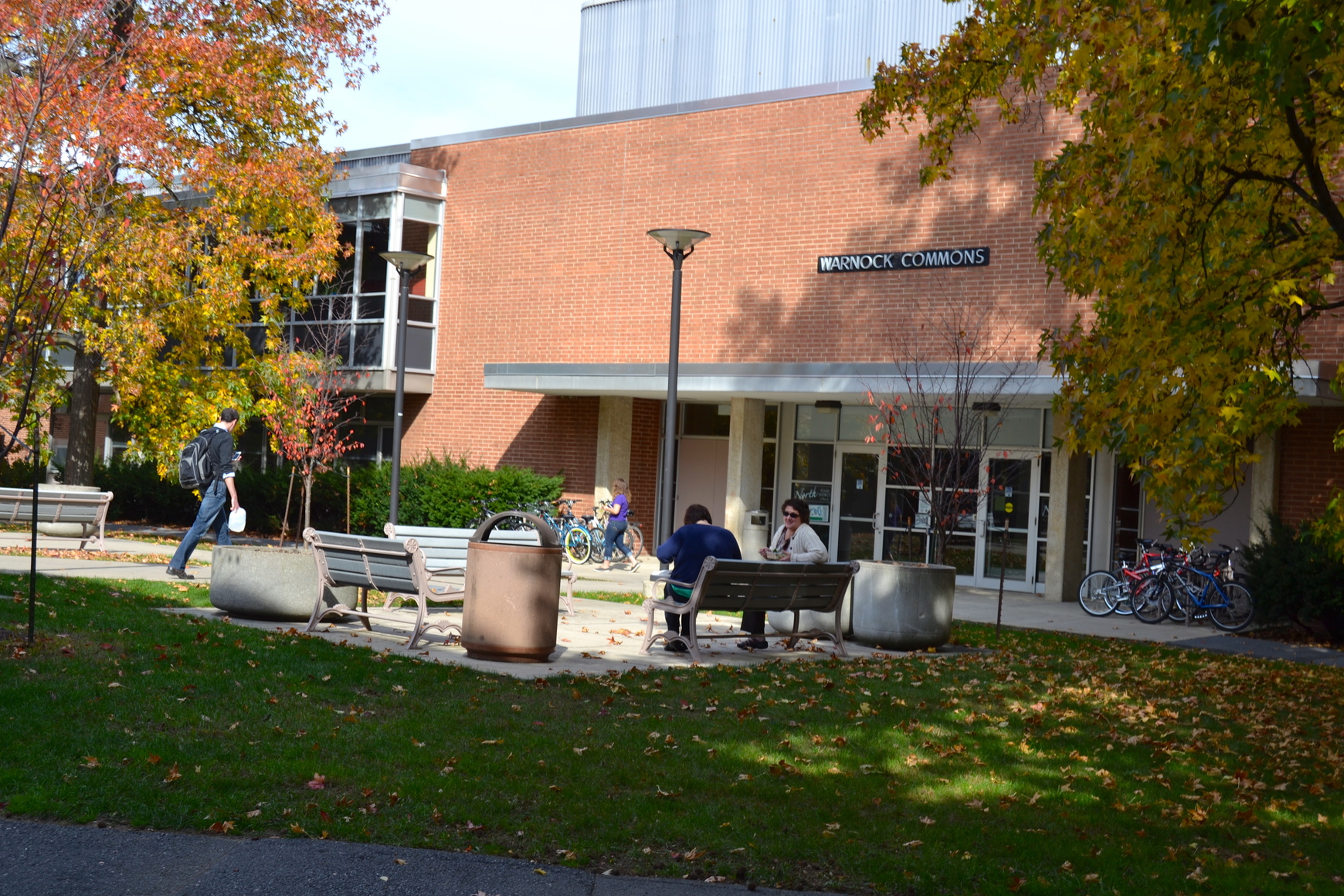Penn State Provides Funding For High-Impact Coronavirus Research

The Huck Institute of the Life Sciences has issued a request for proposals for projects that will use Penn State’s unique research technologies to contribute to the global coronavirus outbreak.
Funding for these projects will benefit research focused on improving prevention, diagnostics, treatment, infection control practices, and public health policies.
According to Nick Jones, executive Vice President and provost of the University, Penn State has a “special responsibility as a research university to conduct work that addresses the most important problems facing society.”
“With expertise spanning multiple disciplines and scales — including one of the largest groups of co-located infectious disease scientists in the world — Penn State is uniquely positioned to play a role in the public health response to the SARS-CoV-2 outbreak,” Jones said in a release.
Andrew Read, director of the Huck Institutes of the Life Sciences and head of funding, has called for researchers in all university departments to work together to advance research. He encouraged the life sciences, social sciences, law, policy, economics, communication science, advanced computing, engineering, chemistry, materials science, and mathematics departments to collaborate in pursuit of advancing mitigation and treatment efforts.
Project proposals for Penn State funding should have clear potential for improving public health and the capacity to rapidly leverage external funding, according to Elizabeth McGraw, director of the Center for Infectious Disease Dynamics.
She states that proposals will be considered on a rolling basis throughout March with decisions made weekly. The first round of decisions will be made and announced on Tuesday, March 10.
Some of the project ideas funded by the university could include:
- development of epidemiological models or empirical studies to understand transmission and intervention impact
- decision support around prevention and control measures
- local screening to obtain tightly-resolved and operationally-valuable data
- development of novel engineering control tools, biosensors, and environmental sensors
- development of in-vitro or in-vivo models
- development of improved diagnostics
- study of human behavior and health messaging with respect to transmission control
- study of animal reservoirs
- economic and business analyses
“We encourage proposals that seek to establish interdisciplinary teams, and we are very happy to help matchmake where groups are looking for others with expertise they do not have,” Read said in a release. “With this call, we want to encourage Penn State researchers to use their intellectual and technical firepower to help mitigate both the initial impacts of the outbreak and the longer-term management. SARS-CoV-2 is likely here to stay.”
Read also encouraged anyone from the Penn State community with relevant ideas and expertise to apply for funding.
Your ad blocker is on.
Please choose an option below.
Purchase a Subscription!




